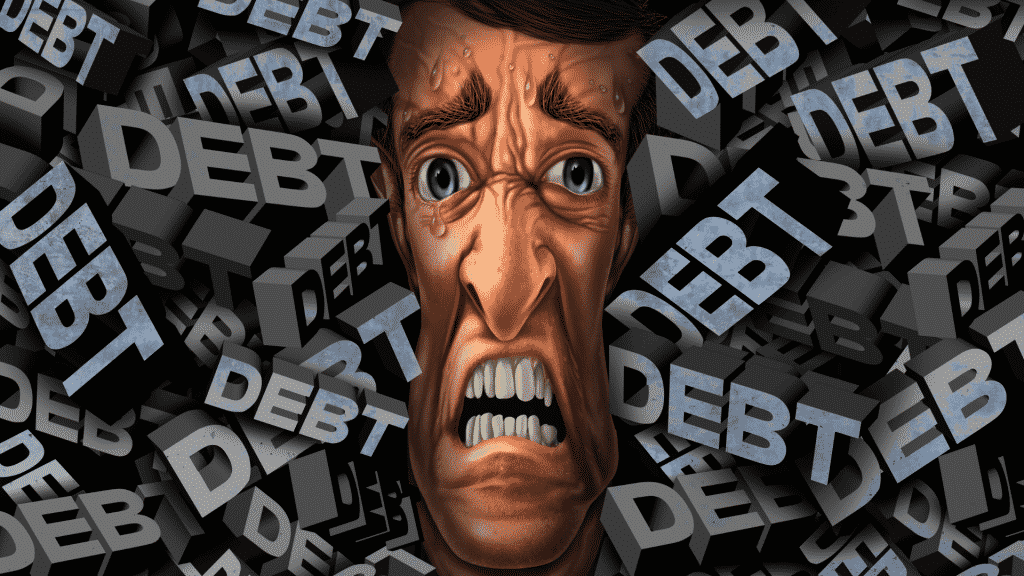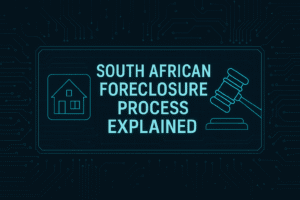Prescribed debt what you need to know
South Africa’s debt crisis can be attributed to the following issues:
- The economic downturn. The country is currently in an economic recession, and this has led to a reduction in employment rates and a higher cost of living for consumers. This has resulted in many people taking on more debt than they can afford, which could lead to over-indebtedness of South African consumers.
- High interest rates. Interest rates have reached their highest levels since 2009, making it more difficult for people with poor credit scores or no credit history at all (such as those who are new to the country) to secure affordable loans from financial institutions such as banks or car dealerships.
- Inflationary pressures caused by fuel price increases have also made it more expensive for households struggling just above the poverty line to keep up with their monthly expenses – especially when paying off existing debts takes up so much money each month already!
The over-indebtedness of South African consumers
- People don’t understand what their debts are doing to them.
- They take out loans for things they don’t need, or because they want to impress others.
- They don’t know that payday loans and store cards have very high interest rates and no long-term benefit.

People don’t understand what their debts are doing to them
Most individuals don’t understand the difference between good and bad debt.
Many people don’t understand that a debt review will affect their credit record. We can assist you with debt review removal in South Africa
We need to understand how negative listings on their credit record can affect their ability to get loans or other services.
They aren’t aware of how much debt affects the monthly budget, especially if you are struggling financially.
The impact of prescribed debt on credit record
Prescribed debt is a negative on your credit record and this means that it will make it harder for you to get credit in future. It also stays on your credit record for five years, so it can affect things like getting a job or even car insurance.
Prescribed debt refers to any credit that you have not repaid for three years, from the agreed repayment date.
Prescribed debt refers to any credit that you have not repaid for three years, from the agreed repayment date. This means that if your creditor wants to sue you for the amount owed, they would have to do so within three years of when they are legally permitted to collect their money.
Once this period is over, the court will dismiss their claim and declare it “prescribed” – in other words, too late for them to do anything about it.
But don’t get too comfortable! Prescriptive periods can be extended by agreement between both parties (ie, if your creditor agrees that they won’t sue for another year), or if one party dies before the legal deadline has expired (in which case all debts become prescriptive).
How does prescribed debt happen?
When you fail to pay your debt on time and don’t make contact with the creditor, the debt will be passed to a debt collector. The collector must by law send you an acknowledgement letter within 15 days of receiving your debt from the creditor.
- If you fail to respond within 30 days of this acknowledgement letter, the collector can take legal action against you and your property (if any).
- If an arrangement cannot be reached, then either party may refer the matter for court action.

What happens if your debt gets prescribed?
If your debt gets prescribed, you won’t have to pay it. However, the debt will still be listed on your credit record for five years. This means that if you apply for a loan or credit card in the future, lenders will see this amount as part of your overall financial picture and may charge higher interest rates because of it.
The good news is that if you’ve had a debt prescribed before, it can’t happen again — once they’re gone, they’re gone!
With so many people struggling with their finances, it makes sense that we should all understand the basics.
Your credit report is a document that summarises your financial history. It lets lenders see how well you have managed your money in the past, and whether you’re likely to repay any loans they give you in future.
It can also be used by landlords or employers to decide whether or not to rent property or employ you.
If your debt has been prescribed for long enough, it will be removed from your credit record and no longer count against you when lenders make their assessments.
Freedom from prescribed Debt in South Africa
Debt freedom is a possibility and should be a reality for more people in South Africa.
Real Estate Assist specializes in removing debt in South Africa and getting rid of prescribed debt and We would love to Assist you towards your debt free journey.



